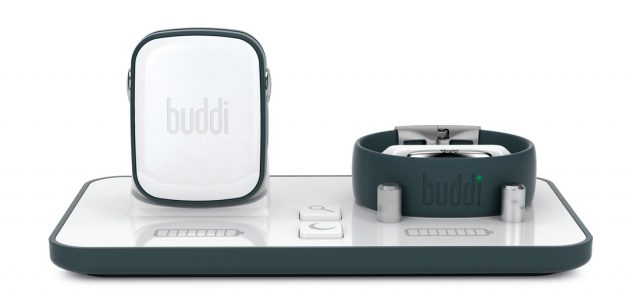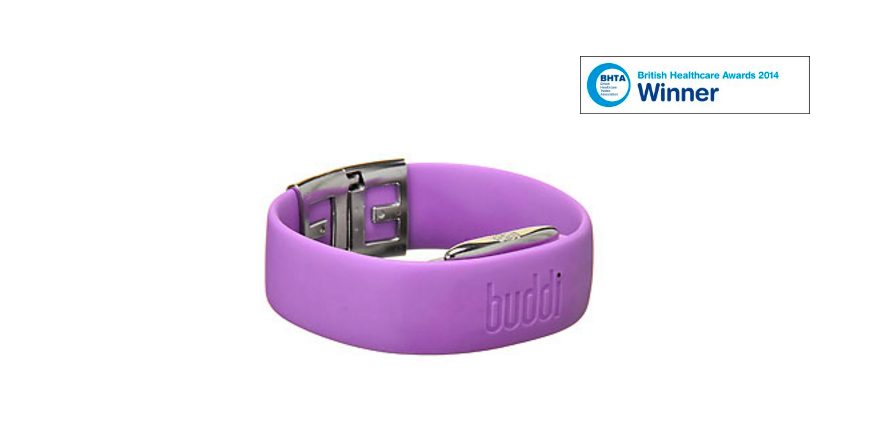Prediabetic Study in UK Leverages Dementia Wearable
NewsTechWellness November 30, 2024 Damon Mitchell

As reported in Gadget and Wearables, King’s Health Partners and the makers of the Buddi wearable have come together to prevent type 2 diabetes.
The strange thing about this news is that Buddi is not a wearable designed for diabetics. It’s not even a fitness tracker by any definition.
The Buddi system is a cool wristband and clip combo that aids people with symptoms of dementia. Can it help prevent diabetes?
Kings Health Partners
From their site, King’s Health Partners [KHP] is an academic health science where world-class research, education, and clinical practice are brought together for the benefit of patients.
Based in London, KHP is all about pushing healthcare into new arenas. They are one of the UK’s busiest centers for research, including genomics and biomedical research.
Their research centers break into five subcategories, cardiovascular, breast cancer, arthritis treatment, stem cell and regenerative medicine, and neurodegeneration research.
Apparently they also study pre-diabetes.
Buddi Wearable
There are two parts to the Buddi system, a wrist-worn device of the typical tracker form factor: silicone. You have gray or lavender color options.
The G&W article pictures a green device, so perhaps they’ve manufactured a third color for the trial, but I digress.
The other half of the Buddi system is a clip. You keep the clip on the charger until you leave the house. Then, when and if you get lost or confused, you can activate the device by pressing a button on that clip.
It houses GPS technology and connects the wearer with an operator when activated.
The wristband, on the other hand (get it?) is waterproof and senses motion. It also houses a button, coordinating with the clip if necessary to locate you.
Partnership
The trial will be a randomized one-year trial. It starts in September, working with 200 patients in London.
By their estimates, one in three adults in the UK have pre diabetes. This designation means they are at an increased risk of developing type two diabetes. That means about 15.4 millions people in England alone.
The gravity of type two diabetes in England is about 22,000 early deaths every year. Estimated costs to the health care system are one-million British Pounds per year.
By 2025 they expect the number of cases to increase by 42%.
The trial will utilize Buddi’s tracking data along with their software to analyse activity and food intake. The system will encourage users to change behaviors as opportunity to do so arrises.
With data like this we can only root for the success of such a trial, but with only 200 participants and the margin for human error, the data will be thin.
No system tracks intake. Food reporting is always low, even for the best among us, so it will be hard to keep a scientific control on this study.
Still, the idea that we can get out in front of diabetes may be enough to stimulate other researchers to perform more robust trials. If nothing else, the data will bring awareness to the issue.



